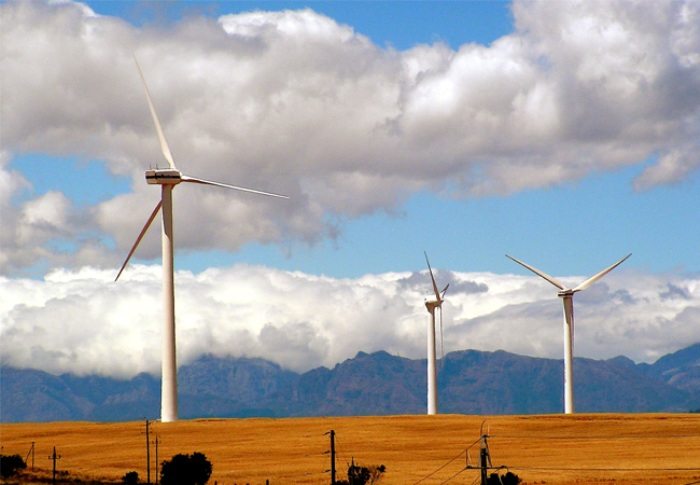Five new private companies are dedicated to invest US $50 million towards renewable energy in sub-Saharan Africa and Asia.
In sub-Saharan Africa alone, 600 million people live without access to electricity – this is set to change as five new partners join UN Environment’s Seed Capital Assistance Facility (SCAF), commit to bring clean energy.
Also read:Shell mulls integrating renewables into its sub-Saharan Africa operations
Renewables have the latent to significantly perk up quality of life, economic development and environmental sustainability.
Worldwide, investment in renewables reached a notable US $285.9 billion in 2015 – mostly driven by developing nations – but more needs to be done to keep pace with growing populations.
Entrepreneurs have the power to change markets, but financial support is a lot hard to secure as clean energy projects can be seen as too uncertain to third parties.
According to UN Environment, the SCAF assist to fill the gap between the “lack of bankable projects” and available finance; helping “managers of private equity funds and development companies offer that basic seed financing and enterprise assistance to early-stage clean energy project developers and entrepreneurs.”
The second stage of the SCAF started in 2016 and five new deals have already been signed with fund managers engaged in clean energy projects in sub-Saharan Africa and Asia.
DI Frontier Market Energy, Carbon Fund and JCM Clean Development Fund have gotten support for strengthening of their renewable energy projects in sub-Saharan Africa.
They have gotten co-funding for the development of numerous projects, as well as an 80 megawatt (MW) solar project in Northern Nigeria.
In West Africa, GreenWish Partners has been granted funds to develop both on- and off-grid renewable energy projects, as well as its 20 MW Senergy photovoltaic plant in Northern Senegal.
The five funds are planning for a sum of over US $363 million, of which almost US $35 million will go to seed investing in addition to US $15 million of support to assist transfer this early-stage support to clean-energy entrepreneurs.
Eventually, the Facility hopes to advance the Paris Agreement’s objective of keeping the global temperature rise below 2 degrees Celsius within this century.

Leave a Reply